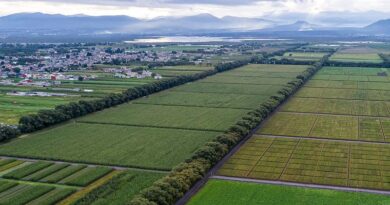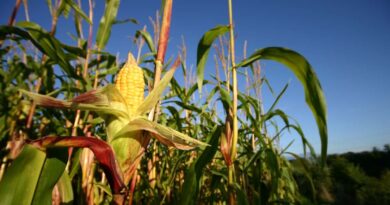Major research effort to save future of European peatlands
04 April 2022, UK: A five-year, £3.7m research project involving scientists from across the UK and partners across Europe will assess the risk that climate change poses to our peatlands and create the capability to better manage these important ecosystems.
Peatlands store huge amounts of carbon in their natural state, but due to human activity they are now a net source of greenhouse gases. Rapid climate change is hampering efforts to restore peatlands, increasing the likelihood of them being pushed beyond the point of recovery and releasing even more carbon into the atmosphere.
A consortium effort led by the James Hutton Institute will combine expertise from the UK Centre for Hydrology & Ecology and the Universities of Nottingham, Leeds, Exeter and the Highlands and Islands (UHI) to analyse and predict how UK and European peatlands will behave in response to climate change under current land uses.
Through the development of new peatland models, the consortium will also identify the best management options to reduce peatland greenhouse gas emissions by 2050.
Dr Rebekka Artz, a senior scientist at the James Hutton Institute and project coordinator, said: “Undisturbed and rewetted peatlands have enormous potential to reduce global atmospheric carbon dioxide levels over long time scales.
“This project will create the densest network of ground observations of greenhouse gas emissions and their drivers on peatlands, while simultaneously developing models that will enable us to simulate the future state of peatlands under potential climate change and management scenarios to 2100.
“This will in turn provide support for policymakers so that they can make better policy decisions for the sustainable management of peatlands.”
The research team will also run a series of international workshops to evaluate a suite of models forecasting of climate change effects on peatlands globally and find the best possible future management solutions for peat soils to mitigate climate change.
The project is funded by the Natural Environment Research Council (NERC) and involves 23 UK and international project partners contributing vital datasets and expertise.















